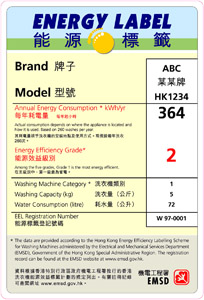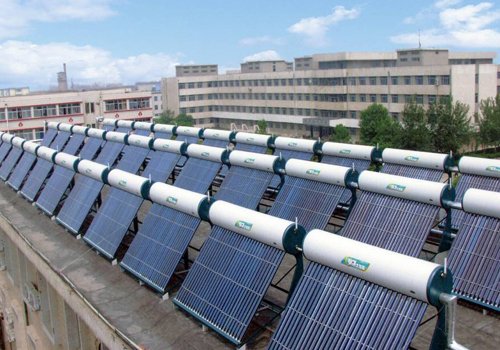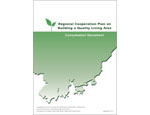The Council for Sustainable Development is holding 5 regional forums for public engagement on "Combating Climate Change: Energy Saving and Carbon Emission Reduction in Buildings".
1st Regional Forum - New Territories East
Date : 16 Aug 2011 (Tue) 2:15PM
Venue : Sha Tin Town Hall (Exhibition Gallery)
Address : 1/F, 1 Yuen Wo Road, Sha Tin, New Territories
2nd Regional Forum - Hong Kong Island
Date : 30 Aug 2011 (Tue) 6:45PM
Venue : Leighton Hill Community Hall
Address : G/F, 133 Wong Nai Chung Road, Happy Valley, Hong Kong
3rd Regional Forum - Kowloon West
Date : 24 Sep 2011 (Sat) 9:15AM
Venue : Mong Kok Community Hall
Address : L2, Mong Kok Complex, 557 Shanghai Street, Mong Kok, Kowloon
4th Regional Forum - New Territories West
Date : 11 Oct 2011 (Tue) 9:15AM
Venue : Tsuen Wan Town Hall (Exhibition Gallery)
Address : 1/F, 72 Tai Ho Road, Tsuen Wan, New Territories
5th Regional Forum - Kowloon East
Date : 11 Nov 2011 (Fri) 2:15PM
Venue : Sai Tso Wan Neighborhood Community Centre
Address : 1/F, 81 Cha Kwo Ling Road, Kwun Tong, Kowloon
Registration and more info: http://www.susdev.org.hk/en/home.aspx
1st Regional Forum - New Territories East
Date : 16 Aug 2011 (Tue) 2:15PM
Venue : Sha Tin Town Hall (Exhibition Gallery)
Address : 1/F, 1 Yuen Wo Road, Sha Tin, New Territories
2nd Regional Forum - Hong Kong Island
Date : 30 Aug 2011 (Tue) 6:45PM
Venue : Leighton Hill Community Hall
Address : G/F, 133 Wong Nai Chung Road, Happy Valley, Hong Kong
3rd Regional Forum - Kowloon West
Date : 24 Sep 2011 (Sat) 9:15AM
Venue : Mong Kok Community Hall
Address : L2, Mong Kok Complex, 557 Shanghai Street, Mong Kok, Kowloon
4th Regional Forum - New Territories West
Date : 11 Oct 2011 (Tue) 9:15AM
Venue : Tsuen Wan Town Hall (Exhibition Gallery)
Address : 1/F, 72 Tai Ho Road, Tsuen Wan, New Territories
5th Regional Forum - Kowloon East
Date : 11 Nov 2011 (Fri) 2:15PM
Venue : Sai Tso Wan Neighborhood Community Centre
Address : 1/F, 81 Cha Kwo Ling Road, Kwun Tong, Kowloon
Registration and more info: http://www.susdev.org.hk/en/home.aspx




 The Hong Kong, Guangdong and Macao governments today (September 1) jointly launched a three-month public consultation on initial proposals for the Regional Cooperation Plan on Building a Quality Living Area
The Hong Kong, Guangdong and Macao governments today (September 1) jointly launched a three-month public consultation on initial proposals for the Regional Cooperation Plan on Building a Quality Living Area





